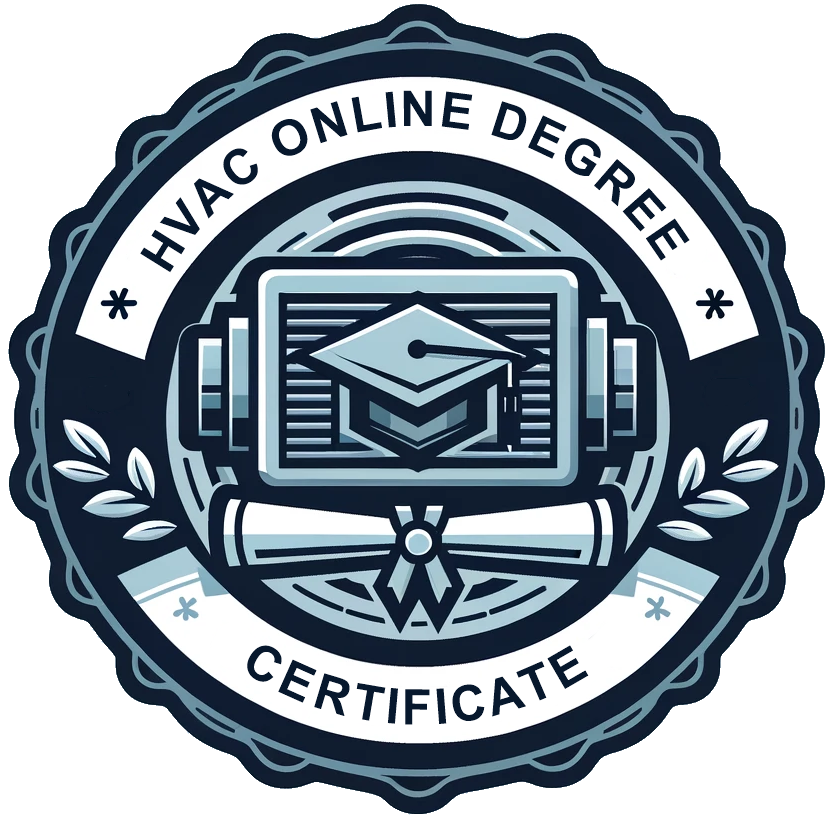Introduction
Residents of Rhode Island (RI) experience diverse weather conditions, ranging from hot, humid summers to cold, snowy winters, with occasional tropical storms and hurricanes. Given these extremes, Rhode Islanders rely heavily on indoor climate control, spurring significant growth in the heating, ventilation, and air conditioning (HVAC) and commercial refrigeration (HVAC-R) industries.
One major driver of HVAC service demand is the state's flourishing construction industry. Prominent companies such as Agota (Priceline), GE Digital Division, Johnson & Johnson, and United Natural Foods, Inc., have recently established or expanded their operations in Rhode Island. Additionally, numerous Fortune 500 companies are investing in the state. Currently, at least 19 real estate developers are constructing apartments, offices, and shopping centers, all of which require HVAC expertise.
HVAC and HVAC-R contractors and technicians in Rhode Island are supported by various professional organizations, including the New England Mechanical Contractors Association (NEMCA), as well as local chapters of the Air Conditioning Contractors of America (ACCA), the Air Conditioning Trade Association (ACTA), the Plumbing-Heating-Cooling Contractors Association (PHCCA), the Refrigeration Service Engineers Society (RSES), and the Sheet Metal and Air Conditioning Contractors’ National Association (SMACNA). These organizations establish industry standards, offer educational resources, and provide networking opportunities.
Demand for HVAC Technicians in Rhode Island
The demand for HVAC technicians in Rhode Island is growing steadily. According to the Bureau of Labor Statistics (BLS), HVAC employment nationwide is projected to increase by 5% from 2020 to 2030, aligning with the average growth rate for all occupations. In Rhode Island, the growth rate for HVAC technicians is anticipated to be around 13% for the same period, reflecting a robust demand within the state.
Several factors contribute to this demand. The state's booming construction industry, driven by the influx of large companies such as Agota (Priceline), GE Digital Division, Johnson & Johnson, and United Natural Foods, Inc., plays a significant role. These companies, along with many others, are investing in new facilities, which necessitates extensive HVAC installations and maintenance.
Furthermore, the increasing complexity of climate-control systems and the need to upgrade or replace older systems are also driving demand. Technicians with expertise in computer-based controls and electronics, as well as strong troubleshooting skills, are particularly sought after. This trend is mirrored in job postings, with a significant number of opportunities listed on job boards like Indeed and Monster.
Schools in Rhode Island
New England Institute of Technology
One New England Tech Boulevard
East Greenwich, Rhode Island 02818-1205
Phone: (401) 739-5000
URL: www.neit.edu/
This school is a 4 year primarily associate's Private not-for-profit college that offers One but less than two years certificate|Associate's degree|Bachelor's degree, Master's degree|Doctor's degree - professional practice. The campus is located in a large suburb with campus housing not offered.
- Total Student Population: 1895
- Total Faculty: 231
New England Tractor Trailer Training School of Rhode Island
600 Moshassuck Valley Industrial Hwy
Pawtucket, Rhode Island 02860
Phone: (401) 725-1220
URL: nettts.com/
This school is a less than 2 year Private for-profit college that offers Less than one year certificate, One but less than two years certificate. The campus is located in a large suburb with campus housing not offered.
- Total Student Population: 276
HVAC Worker Salaries in Rhode Island
According to the Bureau of Labor Statistics (BLS), HVAC mechanics and installers nationwide enjoy comfortable wages. As of May 2023, the average annual salary for HVAC professionals in the United States is $57,300. In Rhode Island specifically, HVAC technicians earn an average annual wage of $60,600. Here are the detailed salary percentiles for HVAC workers in the U.S. and Rhode Island:
| Percentile | United States | Rhode Island |
|---|---|---|
| 10th | $37,270 | $44,610 |
| 25th | $46,550 | $48,400 |
| 50th (Median) | $57,300 | $60,600 |
| 75th | $71,120 | $78,400 |
| 90th | $84,250 | $88,400 |
In Rhode Island, HVAC professionals are well-compensated compared to the national average, reflecting the higher cost of living and the demand for skilled technicians in the state. These figures indicate a promising career path for HVAC workers in Rhode Island, with potential for substantial earnings, especially for those with advanced skills and experience.
HVAC Certification and Licensing in Rhode Island
The U.S. Environmental Protection Agency (EPA) mandates that all technicians working with refrigerants obtain Section 608 Certification. This certification requires passing an exam on the safe handling of refrigerants. The four types of certifications are:
- Type I: For servicing small appliances.
- Type II: For high-pressure refrigerants.
- Type III: For low-pressure refrigerants.
- Universal (Type IV): For servicing all types of equipment.
HVAC technicians and contractors in Rhode Island must be licensed through the Rhode Island Department of Labor and Training. The state offers several licensing options:
- Sheet Metal Technician: Apprentice and journeyman levels, with Class I and Class II licenses.
- Refrigeration/Air Conditioning Technician: Journeyperson Class I (requires a 5-year apprenticeship) and Class II (requires 4,000 hours of training and 288 hours of education).
- Pipefitter: Journeyperson Class I (requires a 5-year apprenticeship) and Class II (requires 4,000 hours of training and 288 hours of education).
All these licenses require passing an exam and completion of required training hours. Additionally, contractors must have held a journeyman license for a specified period before obtaining a contractor license.
Technicians can enhance their credentials through additional certifications from industry organizations such as the Refrigeration Service Engineers Society (RSES), North American Technician Excellence (NATE), and HVAC Excellence.
Different municipalities within Rhode Island may have their own specific requirements for HVAC professionals. It is crucial for new technicians to check local regulations before commencing work.
All licenses and registrations must be renewed every two years. Technicians must complete continuing education courses to stay updated on the latest industry standards and regulations.
